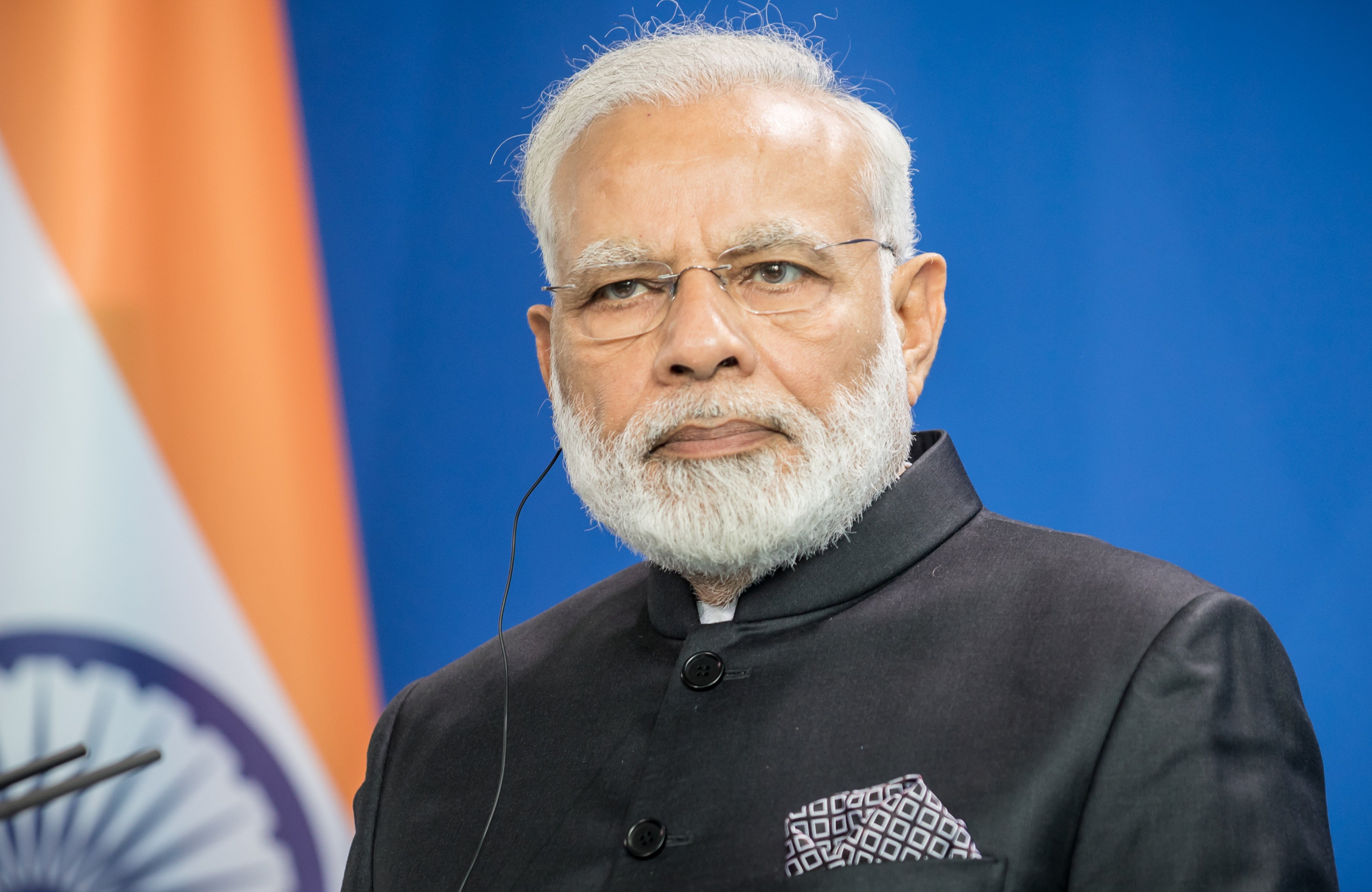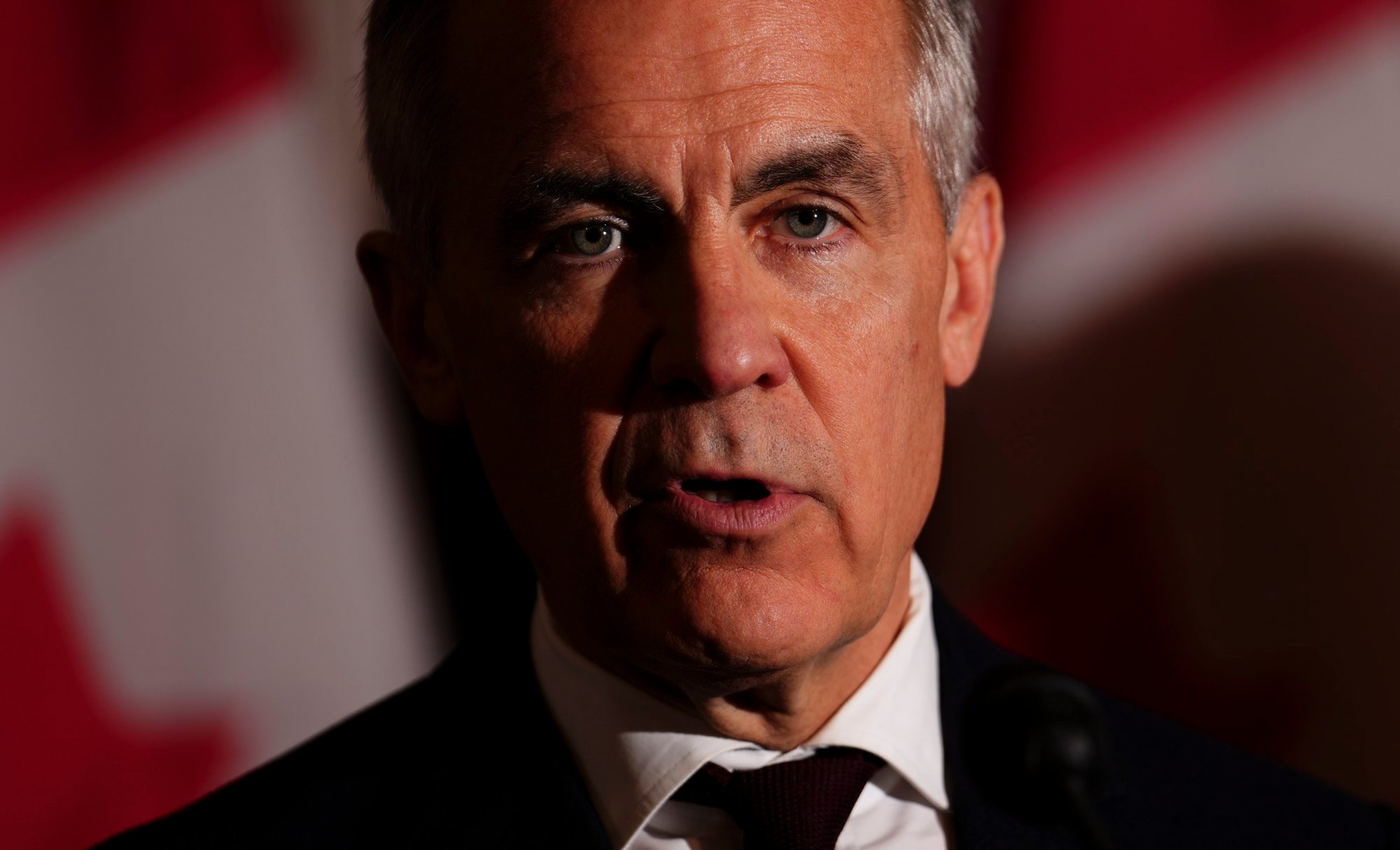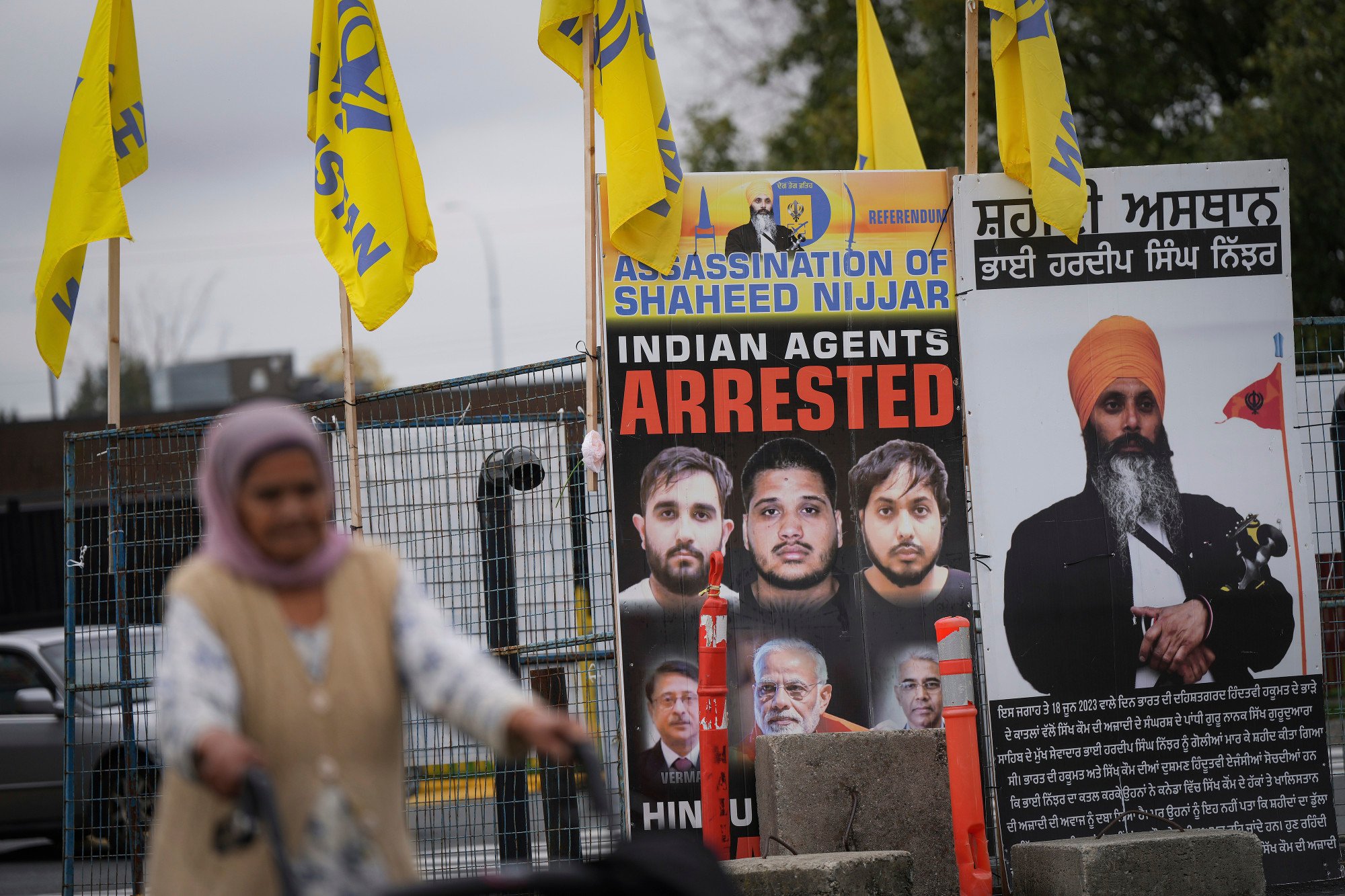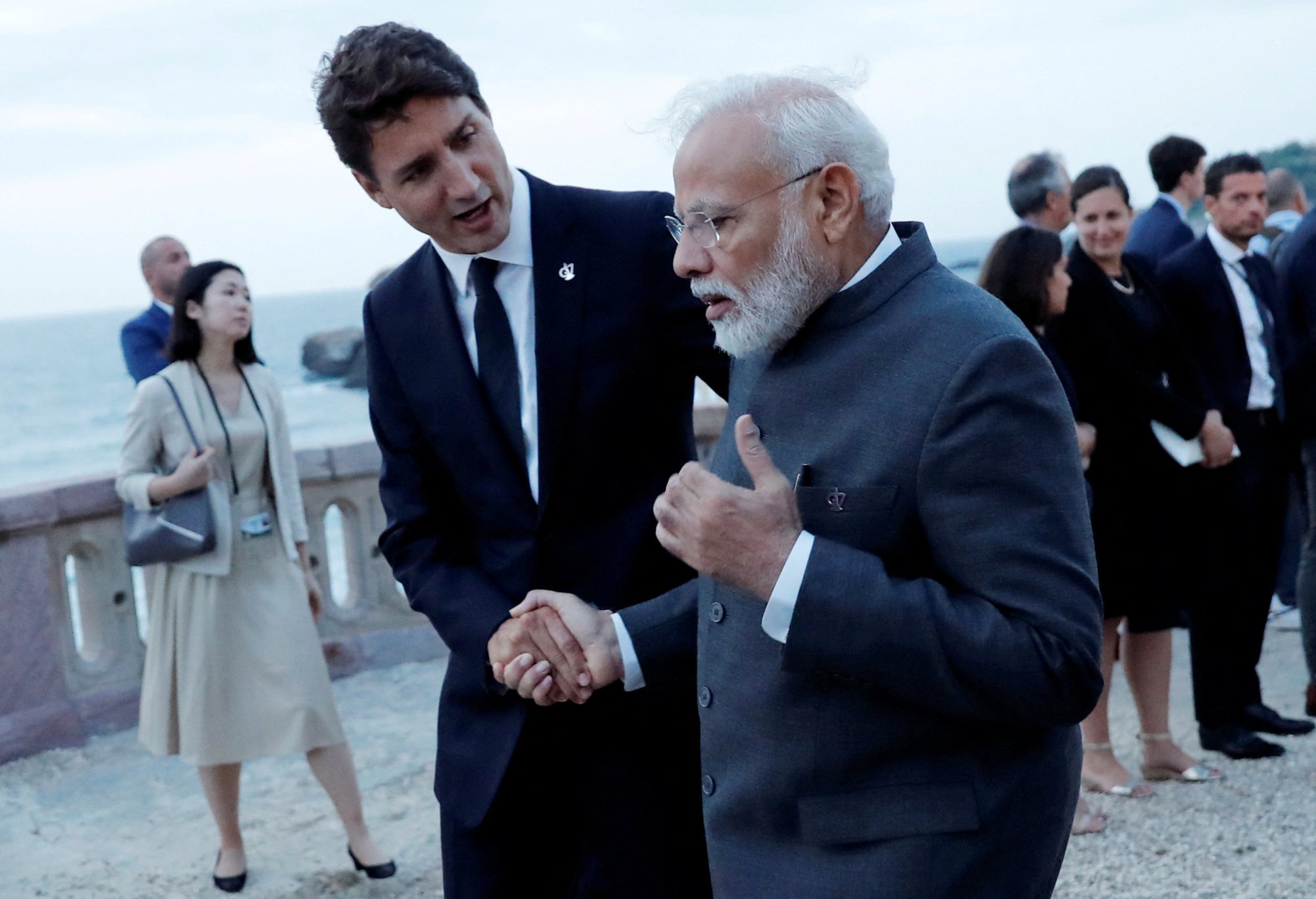Is acceptance by India’s Modi to attend G7 summit in Canada a ‘Pyrrhic victory’?
The belated invitation by Canada has sparked a debate on whether ties between New Delhi and Ottawa are on the mend

Canadian Prime Minister Mark Carney’s invitation to his Indian counterpart Narendra Modi last week to attend the G7 summit starting on Sunday has sparked debate on whether the last-minute request came amid pressure from other countries in the group of rich nations or is a sign of a thaw in ties with India.
Carney extended the invitation to Modi in a phone call between the two leaders on Friday.
Modi has accepted the invitation, saying his meeting with Carney will lead to “renewed vigour” in bilateral ties.
“As vibrant democracies bound by deep people-to-people ties, India and Canada will work together with renewed vigour, guided by mutual respect and shared interests. Look forward to our meeting at the summit,” Modi said in a social media post on Friday.
Indian media reports had earlier said Modi was likely to miss the G7 meeting as Ottawa’s failure to send an invitation to the leader with less than a fortnight to the event had left little time for New Delhi to arrange his schedule.
The June 15–17 meeting of leaders from the Group of Seven advanced economies – Canada, France, Germany, Italy, Japan, the United Kingdom and the United States – will be held in Kananaskis, Alberta. Although India is not a G7 member, it has been regularly invited to take part in the group’s meetings in recent years.
Ties between India and Canada plummeted in 2023 after former Canadian prime minister Justin Trudeau alleged that Indian agents were involved in the killing of Canadian citizen Hardeep Singh Nijjar, the leader of a Sikh separatist movement in India, leading to a tit-for-tat expulsion of diplomats from each other’s countries that year and the stalling of trade talks between them.
Sikh leaders in Canada have said they will stage peaceful protests against Modi’s visit.
Vivek Mishra, deputy director of the strategic studies programme at the Observer Research Foundation think tank in Delhi, said several factors were likely to have contributed to Carney’s decision, which was seen as a volte-face.

“Broadly, the sense is that G6 countries [Canada’s fellow G7 members] were putting a lot of pressure, who must have said that India is indispensable and Carney caught up with it,” Mishra said.
Canada also would have realised the central role India is likely to play in global supply chains, amid Washington’s imposition of trade tariffs on Ottawa. “Carney probably realises that some of these turns in America’s policies will have a lasting impact and that he will need to look at other geographies,” Mishra added.
Canada is the second-largest trading partner of the US. But the world’s biggest economy is Canada’s largest export destination – a dynamic now under pressure amid Trump’s push for steep tariffs and a more protectionist agenda.
Trump recently increased tariffs on steel and aluminium imports from 25 per cent to 50 per cent, including those from Canada, stacked on top of existing levies on Canadian goods. Canada has responded by imposing counter-tariffs on US goods, and pressure has reportedly been mounting from its local industry to match Washington’s latest tariff increases.
During his recent election campaign, Carney railed against US President Donald Trump’s call to annex Canada as the 51st state, using the threats to argue for greater diversification of Canada’s trade ties beyond its southern neighbour.
India, which is projected to be the world’s fourth-largest economy by the end of this year, is expected to benefit from shifting global supply chains. Delhi recently signed a free-trade agreement with the UK and has said it is close to concluding one with the European Union.

Under Trudeau’s administration, Canada announced that it would look to develop strategic ties with the Indo-Pacific region, but its ties later worsened with the two key players in the region, China and India, Mishra said.
“If they are looking at the Indo-Pacific region, then they have to look at India,” he said.
Backchannel diplomacy
Nilanjan Mukhopadhyay, an independent political commentator, said the issue about Modi’s visit would have been resolved through backchannels between Canada and India before Carney’s invitation was made public.
Carney has not commented publicly about investigations into India’s alleged involvement in the killing of Nijjar, other than to say that a legal process is under way.
The biggest issue in normalising relations between India and Canada has been the sensitive issue of Khalistan – a Sikh separatist movement seeking to create an independent state in India’s Punjab province. The movement, which has largely faded away in the subcontinent since the 1980s, still draws support from sections of the Sikh diaspora, many of whom are in Canada.

Canada’s ruling Liberal Party depends on the New Democratic Party, which analysts say is sympathetic to the Khalistan movement, for support within their coalition government. India has repeatedly expressed concerns over Sikh hardliners in Canada, whom it accuses of glorifying extremism, particularly during Trudeau’s time in office.
Carney’s win in the Liberal Party’s leadership election in March and his party’s victory in the federal election in April have resulted in tentative steps towards a rapprochement between Ottawa and Delhi.
Canadian Foreign Minister Anita Anand, who is one of four Indian-origin politicians appointed in Carney’s government, recently held talks over the phone with her Indian counterpart S. Jaishankar, after which both sides expressed optimism about bilateral ties.
Mukhopadhyay said that opinions were divided in India over Carney’s invitation to Modi.
“Modi’s supporters say that this shows Canada cannot do without India, while his detractors are saying it is a Pyrrhic victory because it has come at the last moment,” he added.